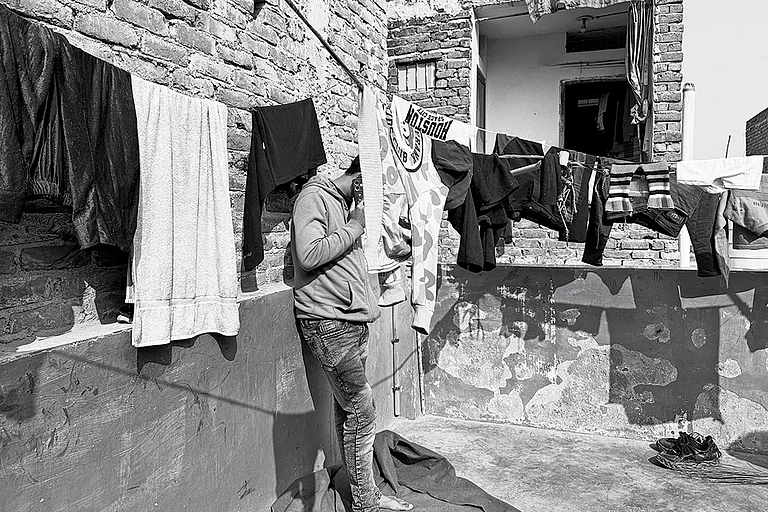
Summary of this article
The Supreme Court will hear Imam’s plea after the high court denied bail, citing that conspiratorial violence cannot be protected under constitutional protest rights.
The bench ruled that peaceful demonstrations are allowed but not with weapons or under the guise of rallies causing harm.
The accused, charged under UAPA and IPC for masterminding the riots, remain in jail despite disputes over the police’s allegations and pending bail requests since 2022.
Activist Sharjeel Imam moved the Supreme Court contesting a Delhi High Court ruling that had recently denied him bail in an anti-terror law case involving the purported plot behind the riots in the nation's capital in February 2020.
According to PTI, in the riots' "larger conspiracy" case, the top court denied bail to nine individuals, ruling that "conspiratorial" violence committed by people while posing as rallies or demonstrations is unacceptable.
Imam, Umar Khalid, Mohd Saleem Khan, Shifa Ur Rehman, Athar Khan, Meeran Haider, Abdul Khalid Saifi, and Gulfisha Fatima all had their bail requests denied by a bench of Justices Navin Chawla and Shalinder Kaur. The court ruled that the Constitution grants citizens the right to protest and demonstrate peacefully, without the use of weapons, and within the bounds of the law.
According to the ruling of Justice Chawla's bench, the freedom to speak at public gatherings and take part in nonviolent demonstrations was guaranteed under Article 19(1)(a) and could not be openly restricted.
Nonetheless, it was mentioned that the right was "subject to reasonable restrictions" and "not absolute".
"If the exercise of an unfettered right to protest were permitted, it would damage the constitutional framework and impinge upon the law-and-order situation in the country," the order had said.
PTI reported that the bench went on to say, "Any conspiratorial violence under the garb of protests or demonstrations by the citizens cannot be permitted. Such actions must be regulated and checked by the state machinery, as they do not fall within the ambit of freedom of speech, expression and association." Dealing with the ground of delay in trial besides the time already spent behind bars to grant bail to the accused, the bench ruled such a ground was not a "universally applicable" in all cases.
"The discretion to grant or deny bail vests with the constitutional court, depending upon the peculiar facts and circumstances of each of the case," it added.
The bench had further noted factors such as the interest and safety of the society at large, aside from the victims and their families, ought to be considered by courts at the time of adjudicating bail applications.
The prosecution's claimed roles for Imam and Khalid were deemed incapable of being "lightly brushed aside" by the court.
The court had also rejected the plea for parity with co-accused persons, namely, Asif Iqbal Tanha, Devangana Kalita, and Natasha Narwal who were granted bail by a coordinate bench of the high court.
Imam, Khalid, and the other defendants were charged under the Unlawful Activities (Prevention) Act (UAPA) and the Indian Penal Code (IPC) for allegedly being the "masterminds" of the February 2020 riots, which resulted in over 700 injuries and 53 fatalities.
During the demonstrations against the National Register of Citizens and the Citizenship Amendment Act, violence broke out.
After the trial court denied their bail requests, these defendants, who have been incarcerated since 2020, requested bail in the high court.
The defendants have disputed all of the Delhi Police's charges, and their bail requests have been pending in the high court since 2022.






.png?auto=format%2Ccompress&fit=max&format=webp&w=768&dpr=1.0)















